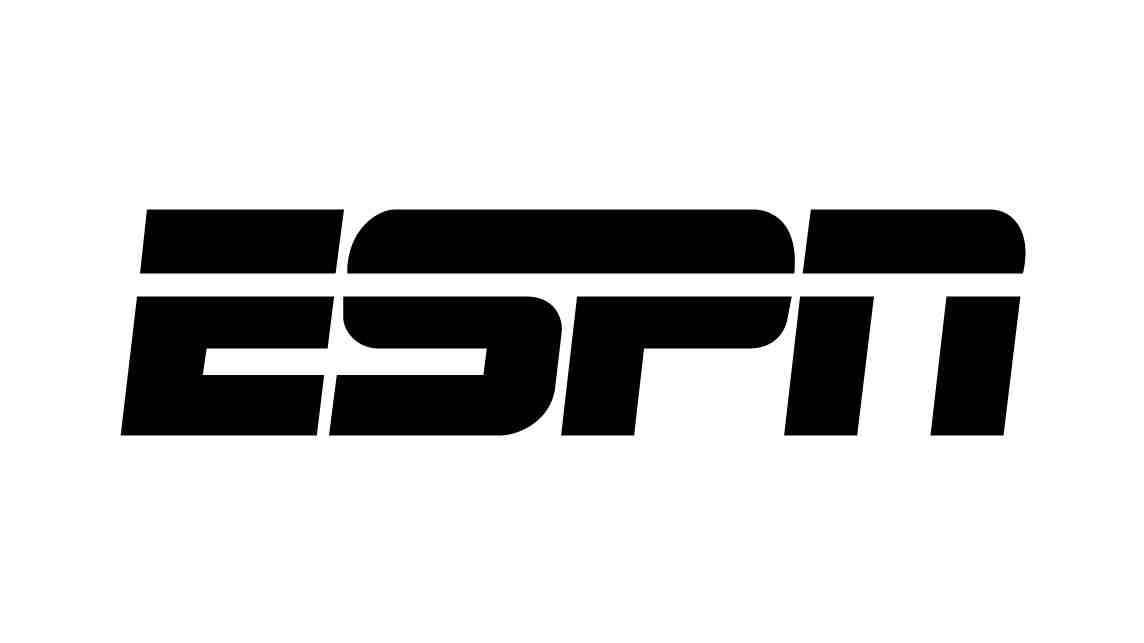

A major story going unnoticed by the wide majority of sports fans is developing this week in a New York courtroom. ESPN, the largest and most powerful network in the country, is squaring off with Dish Network, the nation's third largest pay TV provider. Dish is suing ESPN for $152 million in damages, accusing Bristol of breaching their contract with Dish by giving other providers more favorable licensing terms. Now the lawsuit filed in 2009 is finally going to trial. (Hooray American legal system!)
At the heart of the lawsuit is a "most favored nation" clause between Dish and ESPN which basically ensures Dish receives comparable terms from ESPN as its rival competitors. That's the substance of Dish's opening argument via Bloomberg:
“In violation of the most favored nations provision ESPN provided more favorable terms to Dish’s competitors and made a calculated decision not to offer those same conditions to Dish,” Barry Ostrager, a lawyer for Dish at Simpson Thacher & Bartlett LLP, said in his opening statement to jurors today at the start of a jury trial in Manhattan federal court.
ESPN has countered by saying Dish doesn't want to live up to the terms of their contract with Bristol and is seeking the court's assistance in helping them get a better deal:
“Dish doesn’t want to live up to the obligations of the contract it signed,” Diane Sullivan, a lawyer for ESPN from Weil, Gotshal & Manges LLP, said today in her opening statement. “Dish wanted a far far better deal than ESPN had with any of its TV distributors.”
Some of Dish's reported complaints at trial include ESPN giving lower rates for ESPN Deportes to Time Warner and Verizon, allowing Comcast to reduce the distribution of ESPN Classic, allowing DirecTV to place Classic on a lower sports tier, and allowing Comcast to distribute ESPNU to bars and taverns under more favorable conditions. In fact, it's the second time in the last five years Dish has taken Disney to trial over licensing terms, in 2011 a jury found in favor of Disney in an HD channel dispute. ESPN maintains Dish is trying to "cherry pick" the best terms from rival competitors without taking into account other obligations.
While ESPN and Dish battling in court over contract minutiae is far from the most thrilling and titilating of stories, the impact is significant. Contract details between networks and providers are notoriously top secret and DIsh may be able to get some information out of ESPN if nothing else through this trial on what they really are paying other providers and where. The Dish-ESPN dispute could be just the beginning of providers fighting back against continuously rising costs from sports networks, especially ESPN. Also, the trial may affect negotiations between Dish and ESPN with their distribution agreement set to expire. From Reuters:
Adding another wrinkle, the distribution deal at issue is set to expire this year, meaning the case might potentially impact talks for a future contract. Dish, controlled by billionaire founder Charlie Ergen, commonly uses lawsuits to gain leverage in these types of negotiations, analysts said.
With more than $8 billion a year in fees and ad sales, according to research firm SNL Kagan, ESPN reigns as the giant of the sports network market.
In 2012, it charged cable and satellite companies an average of $5.15 per subscriber per month, which makes it the most expensive channel, according to SNL Kagan. The research firm said ESPN Classic, a channel central to the lawsuit, charged programmers a separate fee of 19 cents per month.
Dish and its larger satellite rival DirecTV have been vocal about rising sports programming fees and how the cost is passed on to consumers.
Would Dish be crazy enough to do what they did with Big Ten Network and AMC and leave their customers without ESPN for a period of time to stick it to Bristol over rising costs? The demand for ESPN is so great I can't imagine this trial or rising costs jeopardizing ESPN's place on Dish Network for even a second. However, providers are very, very concerned about balooning fees all over the sports world. Remember, over $5 of your bill every month goes straight to Bristol! Whether it be rising chatter about a future a la carte system where consumers pay for each channel separately or another change in the industry, these rising costs for subscribers and consumers may reach a breaking point where sports are concerned in the near future.






